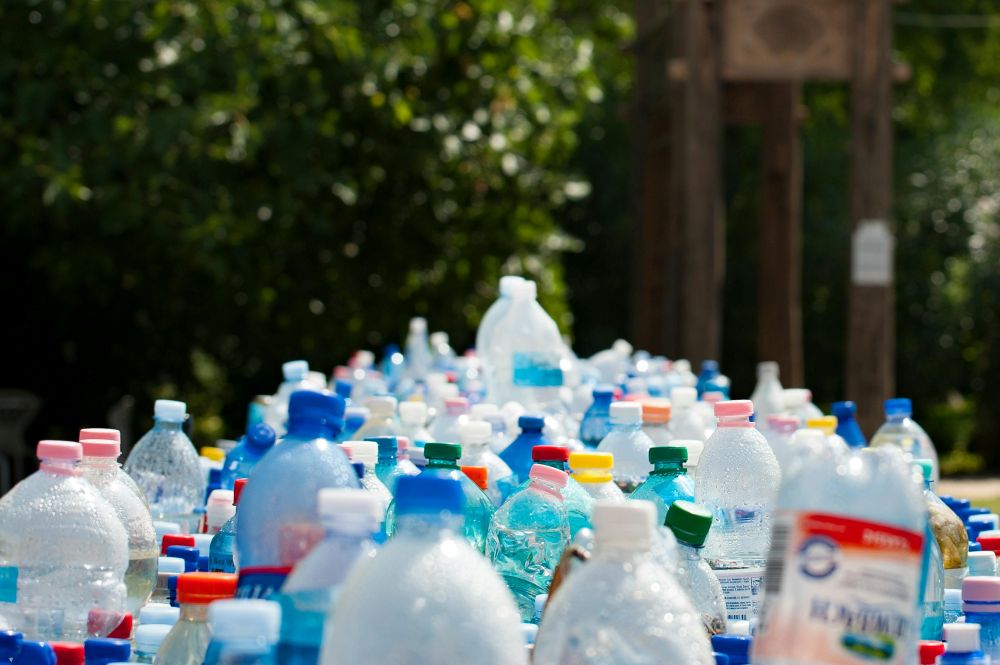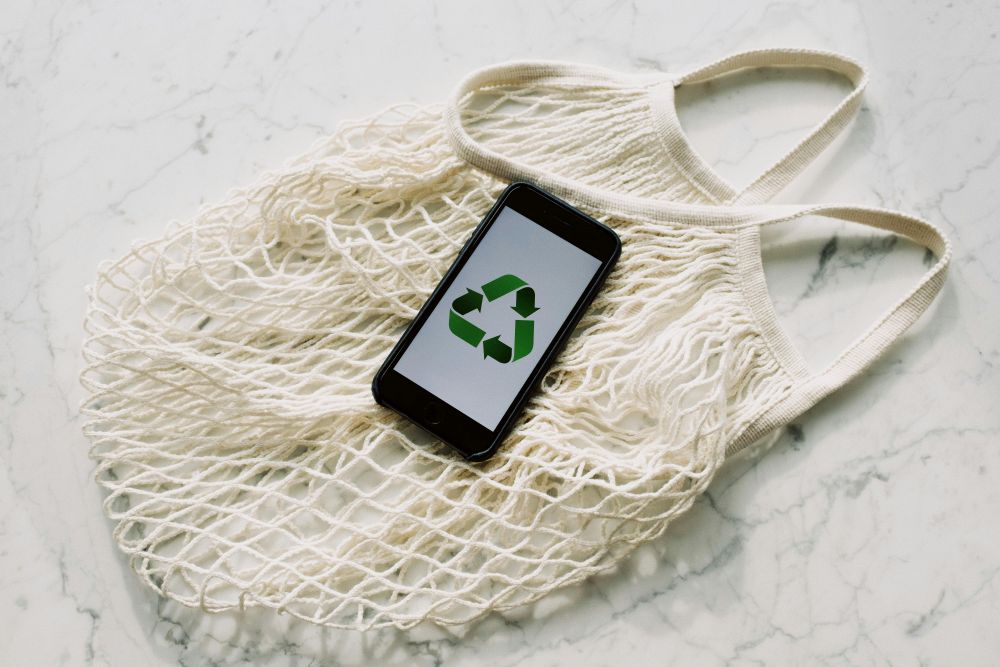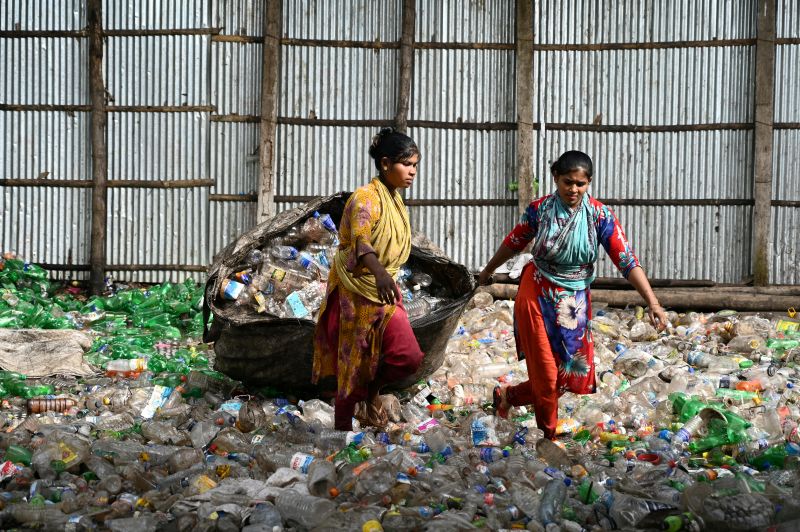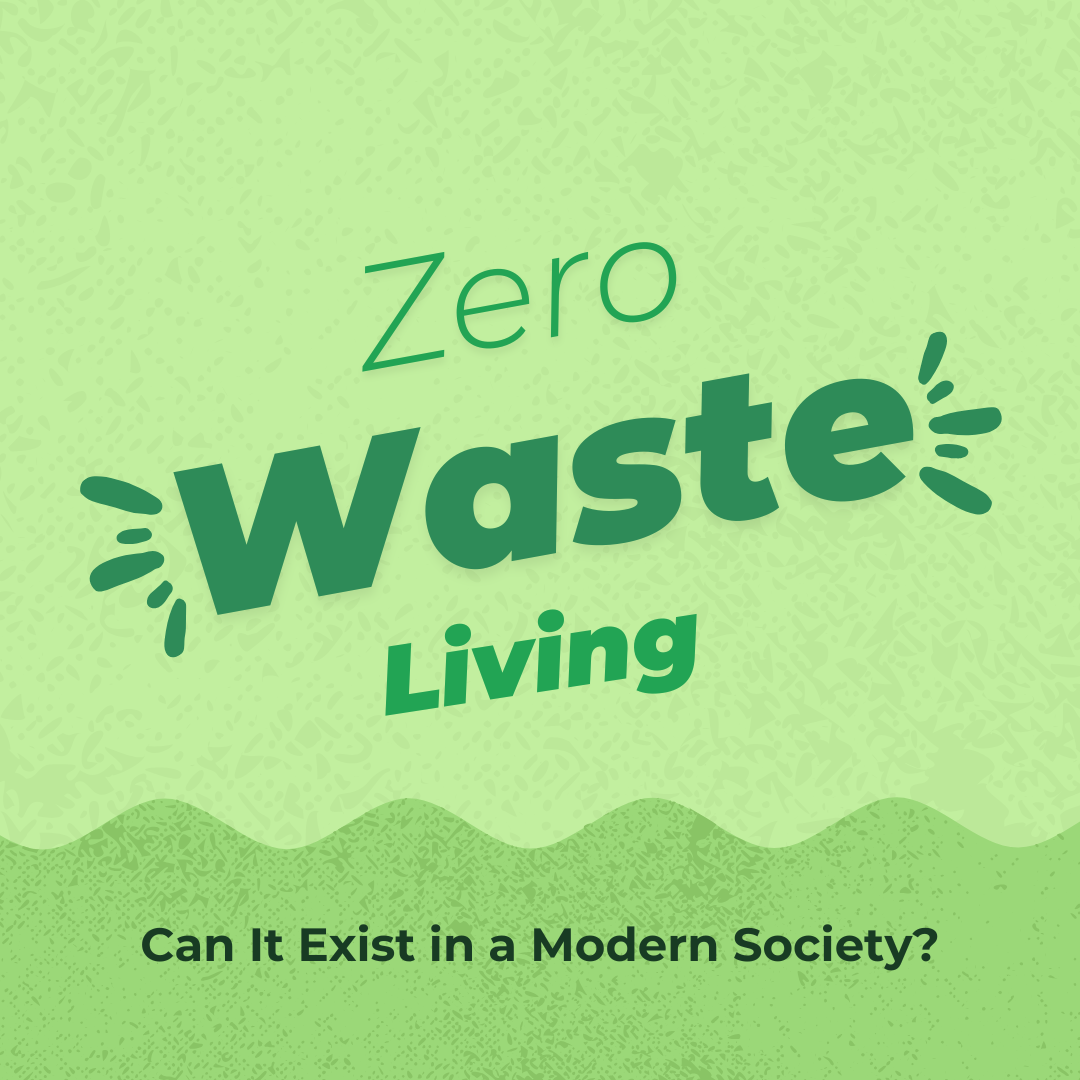Overview:
- Living a zero waste lifestyle can be conceptually achieved through limiting the amount of waste. This includes waste produced through buying, reusing, recycling, and composting.
- Modern packaging, convenience culture, and the use of disposables makes it almost impossible to achieve zero waste living.
- Use of bulk plastic products and single-use plastics can easily be avoided. We can also practice composting which helps in eliminating waste.
- Even though a complete zero waste lifestyle may be infeasible, any small sustainable effort practices can positively impact the environment.
Requiring minimal waste is not just an option but also a target in the fashion of quick and single-use plastic. On the contrary, the world sees people and organizations joining forces to find solutions to environmental issues. This way, we’re becoming stronger than ever. Can a zero waste life, then, actually be achieved in a modern society? This article will explore the intricacies of approaching a trash free life. It is extremely imperative to be aware of the concept of Zero Waste Living. Because, what we reap today is what our future generation will sow.
What is Zero Waste Living?
Living a zero waste life denotes the conscious lifestyle choice to significantly produce as little waste as possible. Thus clearing a role for reuse and recycling practices and at the same time, managing through composting the bio waste. It is based on the 5Rs formula, which states to: Refuse, Reduce, Reuse, Recycle, and Rot (compost). Nonetheless, throughout a long duration, people try not to send waste to landfills and incinerators. Thus, they do not cause pollution and at the same time their efforts help in decreasing the depletion of environmental resources.
Zero waste living promotes mindful purchasing by advocating for the selection of durable goods instead of disposable items. Through deliberate selection processes individuals have the potential to support circular economic systems. Adopting zero waste living methods not only protects environmental resources but also develops a more intelligent and autonomous lifestyle.

Challenges in Realizing Zero Waste in a Consumer-Centric Society
Despite its advantages, zero waste living encounters a variety of obstacles in a high-speed, consumption society:
Overreliance on Packaging
Most of the goods consumed, particularly foods and cosmetics, have packaging in plastic. Therefore, it is not simple to remove trash altogether.
Inaccessible Options
Not everyone can access bulk stores, composting, and environmentally friendly items. Therefore, eco friendly alternatives become less convenient for them.
Higher Initial Costs
Reusable items save in the long run. However, items such as metal straws, beeswax wraps, and glassware have a larger price tag initially.
Obstacles in Culture and Systems
Today’s economies run on a model of high volumes and single-use items. Therefore, for a single individual, it is not simple to follow a zero trash life without deeper policy shifts.

Is Zero Waste 100 Percent Realistic?
The attainment of complete zero waste remains an unattainable goal in contemporary society. Living with minimal waste generation stands as a tangible and purposeful lifestyle choice. Instead of reaching for flawless ideals, individuals can pursue eco-friendly alternatives that fit their lifestyles. The collective adoption of minor continuous advancements by numerous individuals results in substantial waste reduction.
Practical Solutions to Reduce Waste
Complete zero waste living remains unattainable yet numerous effective actions exist to significantly reduce waste:
Acquire Large Quantities
Acquire sustenance items alongside sanitation products and beauty essentials from bulk retailers using refillable containers.
Compost Food Scraps
Establish a personal composting setup or participate in municipal compost initiatives to redirect organic waste from landfill sites.
Adopt Sustainable Fashion
Engage in second-hand shopping while mending damaged clothing instead of acquiring new items and support ethical brands.
Practice Conscious Consumption
Before making a purchase ask yourself, “Is this item truly necessary for me?” ” to prevent unnecessary wastage.

Zero Waste Living in the Future
As sustainability consciousness keeps growing, governments and businesses increasingly implement additional actions in support of waste reduction efforts. Plastic bag and straw bans, refill stores for household goods, and packaging innovation are becoming increasingly common. Complete zero waste is not yet feasible for everyone. However, one can minimize wastes and make it a reality.
Conclusion:
Achieving a zero waste lifestyle remains elusive in modern society yet every small effort matters. Waste reduction efforts require participation from individuals, businesses, and governments alike. Through a series of minor yet significant actions they can diminish their environmental impact. The focus remains on perpetual enhancement since minimal waste reductions generate lasting impacts.
FAQs:
Is zero waste living expensive?
Negative, not truly. A number of eco-friendly products present higher upfront expenses but their prolonged lifespan allows for future monetary savings. The financial barriers to adopting reusable bags and containers remain low.
Can one attain a zero waste lifestyle without participating in bulk purchasing?
Exploring alternative material applications and transforming food waste into compost must occur alongside the prioritized reduction of single-use plastics. Purchasing goods with minimal packaging and repurposing household items generates substantial environmental effects.
Does adopting a zero waste lifestyle demand significant time commitment?
The process of adapting initially demands a prolonged duration before one achieves a state of familiarity. Individuals may engage in actions like using reusable products and composting to reduce waste.
Does adopting an entirely zero waste lifestyle require absolute commitment?
Absolutely not! Our aim continues to be progress rather than reaching perfection. The execution of both significant and trivial waste reduction measures drives progress into the future.


